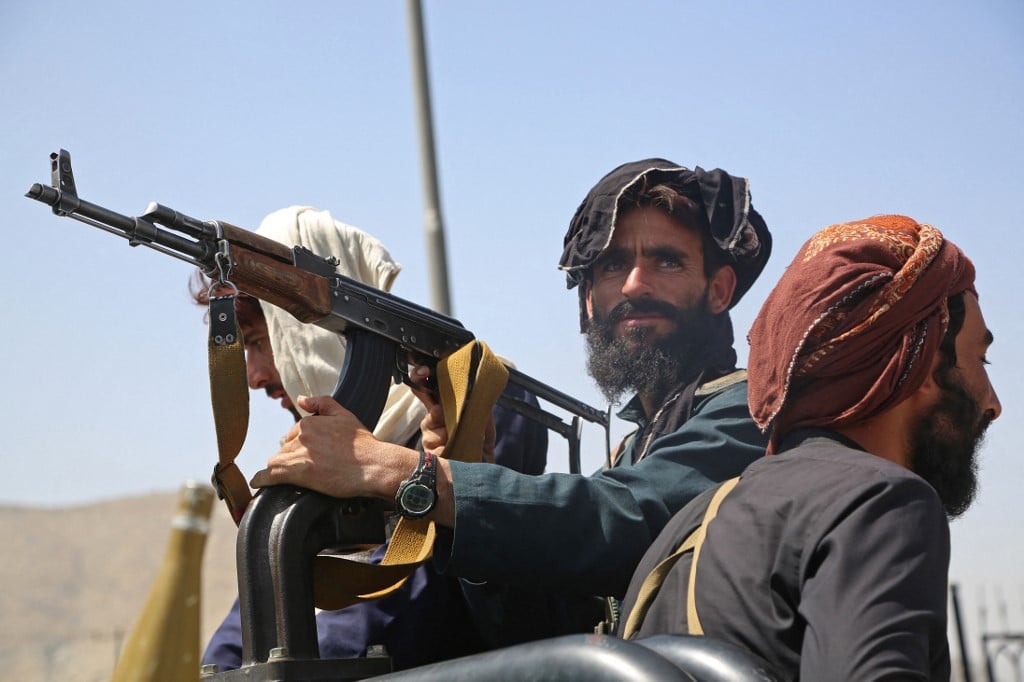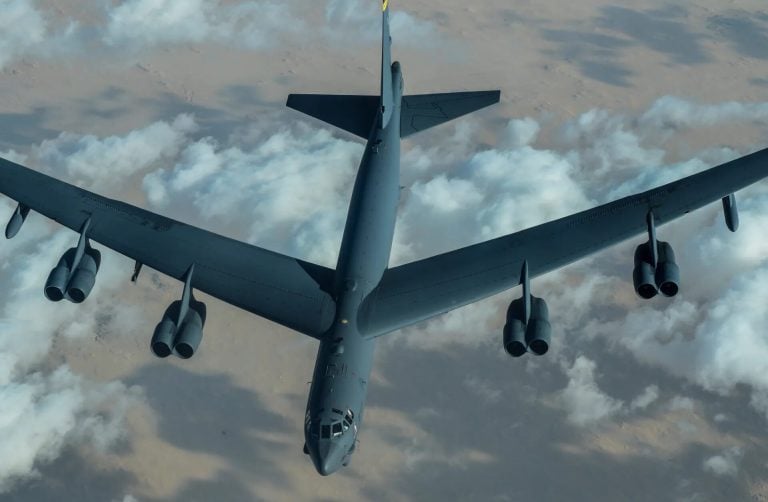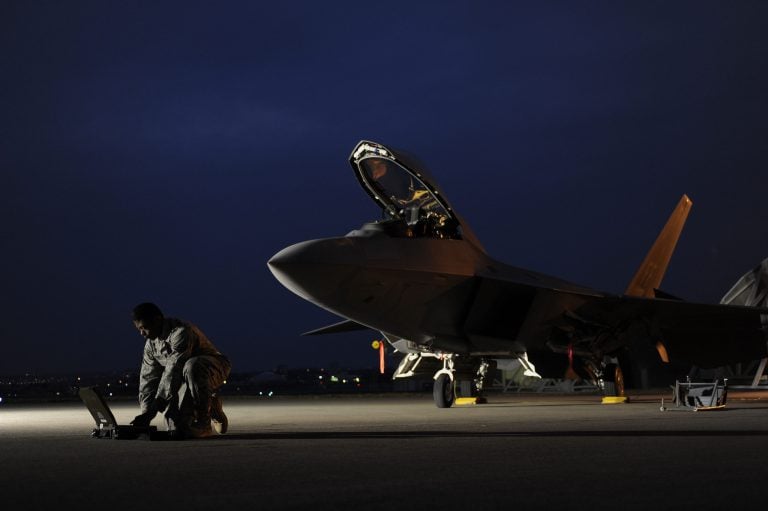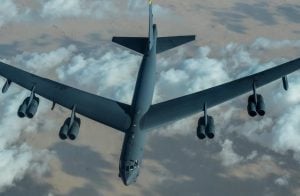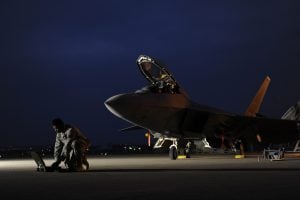Negotiators from Afghanistan and Pakistan are currently engaged in critical discussions aimed at establishing a lasting ceasefire, with escalating tensions raising concerns about the possibility of open conflict. Pakistani officials have issued a stark warning that failure to reach a positive outcome in Istanbul could result in “open war” with Afghanistan.
The backdrop to these negotiations includes a recent surge in violence, initiated by the Taliban’s border offensive following a series of bomb blasts in Kabul, which the group attributed to Pakistan. These events have led to intense fighting along the border, resulting in numerous casualties, including civilians. In response, Pakistan conducted precision strikes against armed groups identified as threats operating from Afghan territory.
Initial attempts to implement a ceasefire included a 48-hour truce declared by both sides. However, this agreement quickly deteriorated, with each side blaming the other for the collapse. A renewed effort for peace emerged last weekend during discussions in Doha, facilitated by Qatar and Turkey, although the specific terms of this new ceasefire remain ambiguous.
As the negotiators convene in Istanbul, expectations are high for them to outline the mechanisms proposed during the Doha talks that aim to restore stability. Pakistan’s Defence Minister Khawaja Asif confirmed the ongoing discussions, emphasizing that the stakes are high, as failure to achieve a satisfactory resolution could escalate tensions significantly.
The location of the talks in Istanbul has not been disclosed, and the duration of the discussions remains uncertain. The Afghan delegation is being led by Haji Najib, the deputy interior minister, though details regarding the Pakistani representatives have not been publicly shared.
At the core of the negotiations is Afghanistan’s goal of safeguarding its territorial sovereignty while Pakistan seeks solutions to address the “menace of terrorism” from groups believed to be operating from Afghan soil. Islamabad has consistently accused Afghanistan of harboring the Pakistani Taliban (TTP), which Kabul denies. Pakistan insists that it is crucial for the Taliban regime to take control over these militant elements on its territory.
Analysts stress that the Istanbul talks will be crucial in agreeing on mechanisms for addressing these recurring security concerns. Suggestions for these mechanisms include the potential for intelligence sharing regarding armed groups, wherein Pakistan would provide information on suspected militants, and Afghanistan would be expected to take action against them rather than allowing military retaliation.
Despite the focus on technical arrangements, some observers express skepticism about whether these measures will effectively resolve the deep-rooted issues fueling the ongoing cycle of violence. Historically, Pakistan has acted as a significant supporter of the Taliban for strategic reasons, particularly in its rivalry with India.
The recent skirmishes began just as the Taliban’s foreign minister was visiting India, further complicating the geopolitical landscape. Meanwhile, Turkey has refrained from commenting on the ongoing Istanbul meeting but has expressed commitment to supporting peace and stability initiatives in the region.
